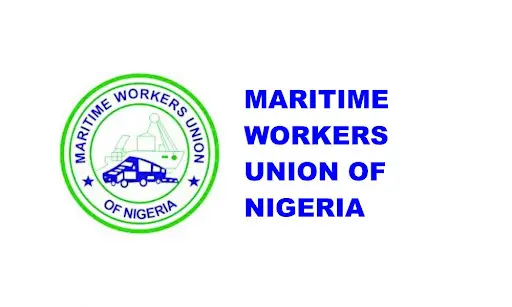The Managing Director of the Nigerian Ports Authority, Mohammed Bello-Koko, said the agency has brokered peace between the Maritime Workers Union of Nigeria and operators in the oil and gas industry over non-compliance with Stevedoring regulations.
Announcing this in a statement on Monday, Bello-Koko, appealed to the MWUN to suspend its planned strike.
Recall that the MWUN, last week, threatened to shut the nation’s seaports, jetties, and oil and gas platforms on Tuesday (today) over what it described as the continued refusal of the International Oil Companies and Stevedoring Contractors to comply with the Stevedoring Extant Laws, “lack of access to work locations, lack of remittance of 3 per cent MWUN levy by Stevedores,”
The union also complained that it had written a series of letters, press releases, ultimatums, marine notices, and several ministerial orders but all were ignored even as they blamed the NPA for allowing the IOCs to operate without control.
However, reacting to this, Bello-Koko said the agency would do all it takes to ensure peace and industrial harmony among the groups.
“We will do all it takes to ensure industrial harmony and prevent the shutdown of crucial production platforms of the Oil and Gas and allied industries that maritime workers control. The national economy cannot afford any shutdown at this time,” he said.
Bello-Koko added that at the end of the meeting which took place at the agency’s headquarters in Marina, Lagos, a communiqué addressing the workers’ grievances and subsequent suspension of planned strike action was signed.
According to him, those in attendance included, “The Executive Vice-President (Down Stream) for Nigerian National Petroleum Company Limited Mr Adedapo Segun, Deputy President of the Nigerian Labour Congress, Adewale Adeyanju, President National Association of Stevedoring Operators, Mr Bolaji Sunmola, Managing Director Nigerian Pipeline Storage Company, Mr Bayo Adenrele and Assistant Director Distribution System, Storage and Retail Infrastructure of the Nigerian Midstream & Downstream Petroleum Regulatory Authority amongst other industry leaders,” Bello-Koko concluded.



